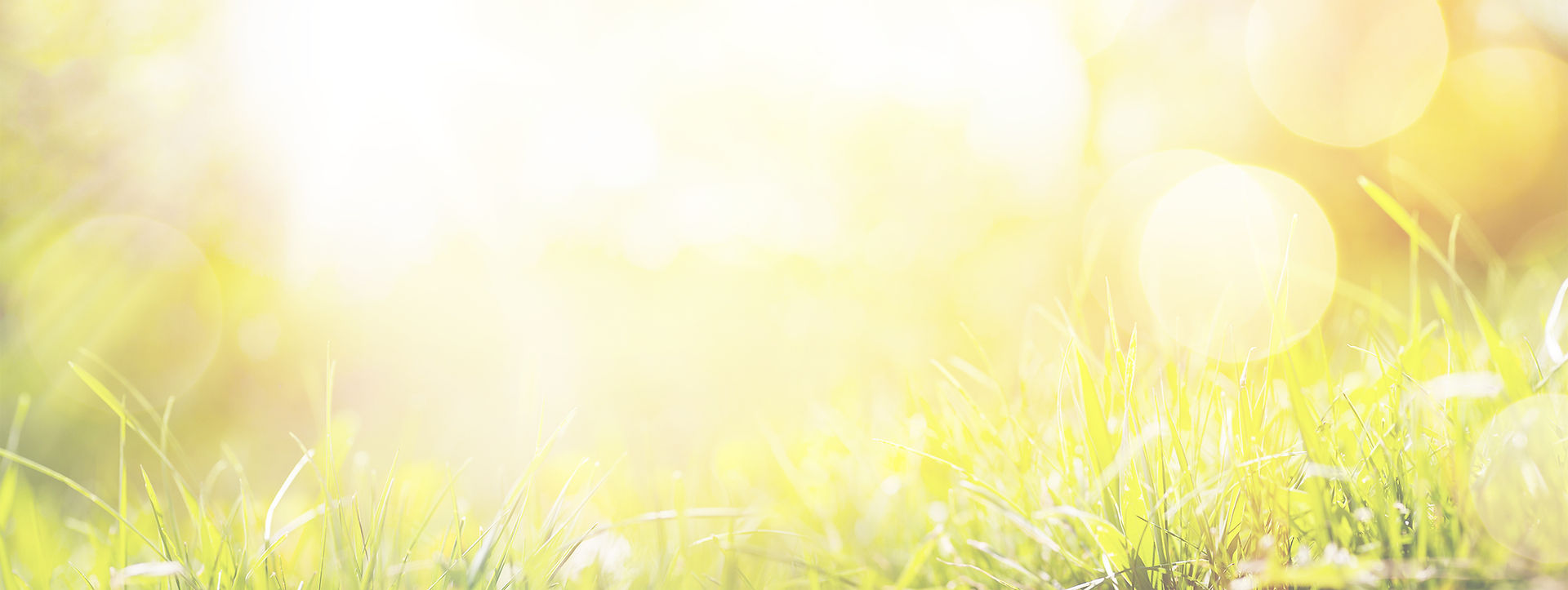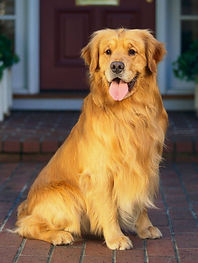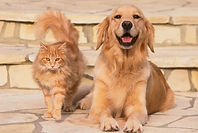

Our Blog
Our Blog
An ongoing series of informative entries
An ongoing series of informative entries

All about Goldens
All about Goldens
15 March 2020
In comparison to many breeds, the history of the Golden Retriever is relatively new, originating from Scotland as recently as the mid to late 19th century.
The hunting of wildfowl was highly popular among wealthy Scottish Gentry at the time. But due to the prevalent hunting grounds being very marshy and peppered with ponds, streams and rivers, existing breeds of retrievers were found lacking in the necessary skills to retrieve game from both land and water.
And so to try and breed a working dog with this special mix of skills, the retrievers of the day were bred with water spaniels, resulting in the beginnings of the breed we now know as the golden retriever.
It's no surprise that the Golden Retriever is one of the top ten most popular dogs in the world. It's all good with the Golden, they are highly intelligent, sociable, beautiful, and loyal.
Always lively. The Golden is slow to mature and retains the silly, playful personality of a puppy until three to four years of age, which can be both delightful and annoying. Many keep their puppyish traits into old age.
Originally bred for the physically demanding job of retrieving ducks and other fowl for hunters, the Golden needs daily exercise: a walk or jog, free time in the yard, a run at the beach or lake (Goldens love water), or a game of fetch. And like other intelligent breeds who were bred to work, they need to have a job to do, such as retrieving the paper, waking up family members, or competing in dog sports. A tired Golden is a well-behaved Golden.
As well as giving your Golden Retriever physical and mental exercise, you should also be prepared to include him in your family activities. The Golden Retriever is a family dog, and needs to be with the "pack."
There's one other potential drawback to the breed: He's definitely not a watchdog. He might bark when strangers come around, but don't count on it. Most likely, he'll wag his tail and flash that characteristic Golden smile.

Children and other pets
Children and other pets
14 February 2020
The amiable Golden Retriever isn't bothered by the noise and commotion of kids — in fact, he thrives on it. He's a large, strong dog, though, and he can easily knock over a small child by mistake.
As with every breed, you should always teach children how to approach and touch dogs, and always supervise any interactions between dogs and young children to prevent any biting or ear or tail pulling on the part of either party. Teach your child never to approach any dog while he's eating or sleeping or to try to take the dog's food away. No dog, no matter how friendly, should ever be left unsupervised with a child.
The Golden's attitude toward other pets is the more the merrier. He enjoys the companionship of other dogs, and with proper introductions and training, can be trusted with cats, rabbits, and other animals.

Care
Care
15 January 2020
Golden Retrievers are built for action and love outdoor romps. If you like to hike or jog, your Golden will be happy to join you. And if you feel like tossing a ball in the backyard, they'd be more than happy to join you; true to their name, Goldens love to retrieve.
Tiring them out with 20-30 minutes of vigorous exercise twice a day will keep your dog mellow when he's back inside. Slacking on the activity, however, could lead to behavior problems.
Like other retriever breeds, Goldens are naturally "mouthy," and they're happiest when they have something to carry in their mouths: a ball, soft toy, newspaper, or best of all, a smelly sock.
You'll need to take special care if you're raising a Golden puppy. These dogs grow very rapidly between the age of four and seven months, making them susceptible to bone disorders. Don't let your Golden puppy run and play on very hard surfaces such as pavement until he's at least two years old and his joints are fully formed. Normal play on grass is fine, and so are puppy agility classes.